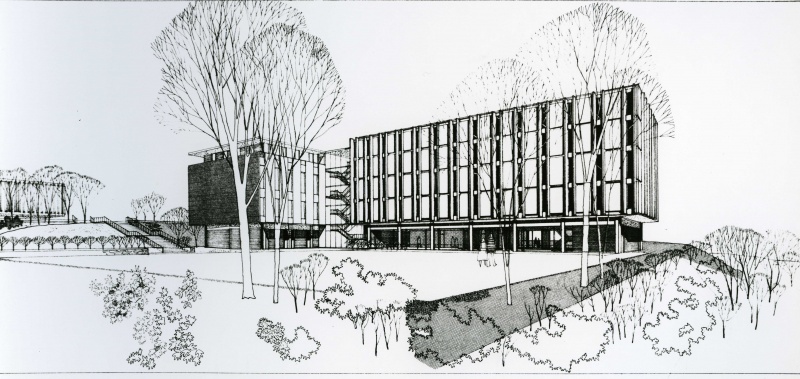PDF
American social science and liberal internationalism, 1865-1919 Item Info
- Title:
- American social science and liberal internationalism, 1865-1919
- Creator:
- Foster, Brian M.
- Date Created:
- 2012
- Degree Awarded:
- Doctor of Philosophy
- Subjects:
- International law International relations Sociology Methodology
- Geographical Focus:
- US
- Supporting Materials:
- n/a
- Description:
- In January of 1917, before America officially entered World War One, President Woodrow Wilson’s administration received news that the British, French and German governments had employed professional social scientists to gather and analyze data to prepare their nation’s respective plans for peace. By September, six months after America entered the war, Wilson’s chief confidant called together a large body of intellectuals drawn from progressive publications and top universities across the country. The members of the secretive group that developed, known only as “the Inquiry,” understood that the new importance laid on social scientific methods across the Western world placed them in a particularly powerful place as mediators of the data that could literally objectivize social scientific knowledge into nation-states. Using the Inquiry as an anchoring event, and incorporating recent work on state-formation and governmentality, this thesis offers an historical examination of the relational development of American social sciences and liberal internationalism following the American Civil War until the Peace Talks of World War One. Its unique contribution is to view internationalism not only as a product of state formation or an expression of governmentality, but as a technology used, and assisted by social scientific knowledge, to arrive at and make sense of those very state forms. Combining literatures on the history of American state-formation, liberalism, social science and internationalism, this thesis shows how the problem of how to order the world into a recognizable international sphere created a demand for “universal” knowledge about governance, to which the social sciences were able to lay claim. Supported by a widely-held faith that America reserved an exceptional place for scientific experts and their knowledge in the management of states and society, one particular ideal type | of liberal international society became the accepted pillar of internationalism we have today. The ideal type revolved around social scientific expert mediators working outside the state but invested in upholding the specific power relations ossified therein. At the same time, as social scientific knowledge shaped internationalism, the reigning concept of internationalism, built upon key liberal principles, had a tremendous influence on the disciplinary shape, methods and concepts of American social sciences as we know them today.
Source
- Preferred Citation:
- Foster, Brian M.. American social science and liberal internationalism, 1865-1919. 2012. Carleton University, Doctor of Philosophy.
- Reference Link:
- https://cuhistory.github.io/grads/items/hist_98.html
Rights
- Rights:
- Copyright the author, all rights reserved, unless otherwise indicated.

